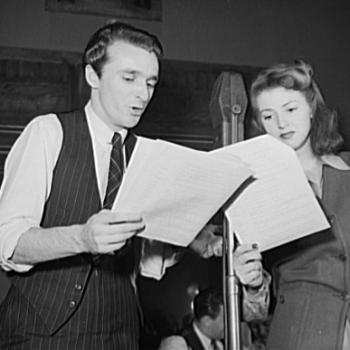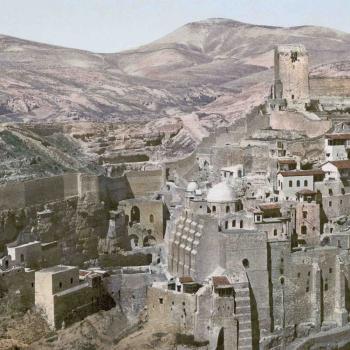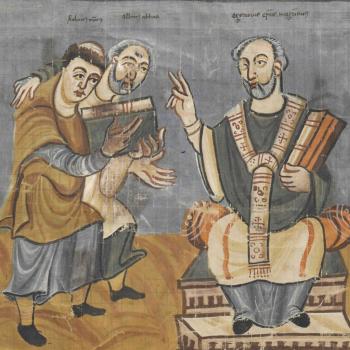I recently blogged about recent European films about faith and religion. That post was in my mind as I looked at the listing of the 100 best films of the current century, since 2000. That’s an impressive list, but with some odd absences. Of course that’s subjective, but I do see a real and rather worrying pattern.
I was pleased to see so many films by my absolute favorite directors, especially the Coens, David Lynch, Darren Aronofsky, and Paul Thomas Anderson. But I was also struck by how few of the faith films I had picked out were indeed among that best 100, and the only ones I could see were Leviathan and Ida. So where were Of Gods and Men or Calvary? Where was the Russian The Island? This was part of a larger story, rooted in geography. The critics involved had gone out of their way to bring in some currently fashionable production centers, including Thailand, Korea and Iran. What they had underplayed, though, to my mind, was Europe. Europe of course had quite a few items on the list, but I noticed the absence of many of the most active and creative figures working in the past fifteen years.
Obviously, we are not dealing with any hard and fast scientific principle here, but without too much effort, I can think of literally dozens of other European films that were at least comparable in quality to those that did appear on that particular Hot 100.
From France, for instance, where was François Ozon, and where were films of his like The Swimming Pool (2003), Ricky (2009) or Jeune & Jolie (2013)?
Italy, for me, represented the biggest gap in the BBC list. There was nothing by Silvio Soldini, who made film like Days and Clouds (2007) or Il Comandante e la Cicogna (Released under the English title Garibaldi’s Lovers, 2012). That last one is a very smart comedy with a heavy dose of magical realism. I would argue for the inclusion of Alice Rohrwacher, who made Corpo Celeste (2011) and The Wonders (2014). Paolo Sorrentino is listed, appropriately, for The Great Beauty, but why not other films of his as well, like Il Divo (2008)?
From Spain, Pedro Almodóvar is naturally represented on the BBC best 100 list, but there is no sign of Alex de la Iglesia, whom Almodóvar regards as his mentor. There are several possible de la Iglesia films that might have made it to the list. My personal guilty pleasure is a wild comedy horror item he did called The Witches of Zugarramurdi (2013), but he has a few other more mainline candidates for Major Film status. The Witches of Zugarramurdi, by the way, was released in English under the groaning title of Witching and Bitching.
I would make a case for the Dutch director Alex van Warmerdam, or the German David Wnendt. Wnendt turned out such memorable items as Wetlands (2013) and the riotous and wicked Look Who’s Back (2015: Hitler returns to modern-day Germany and becomes a talk show host).
Like I say, there is no absolute principle that dictates that those films should have been listed, but a case can be made for any or all of them. I think Europe really was treated badly in this recent BBC project. Arguably, the US was considerably over-represented.
By the way, the BBC Top 100 List did include one magnificent religious contribution I had not mentioned in my earlier post, namely the Korean Buddhist film Spring, Summer, Fall, Winter…and Spring (2003).
















